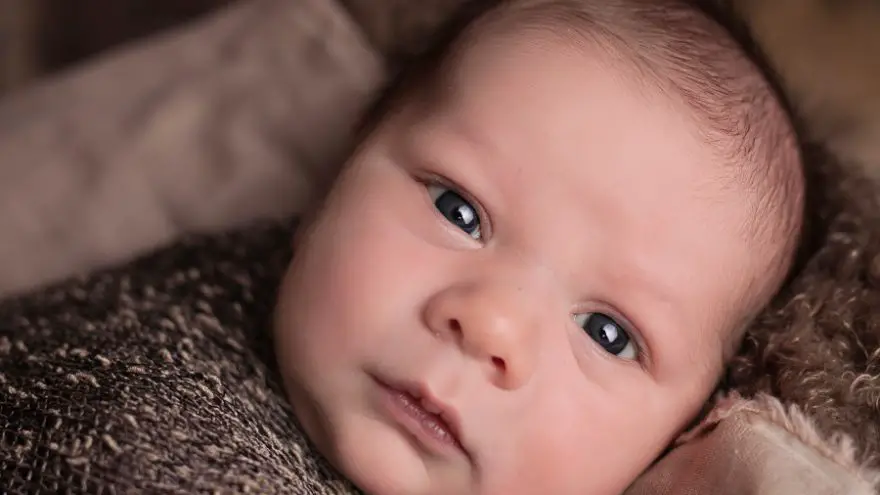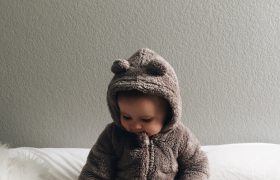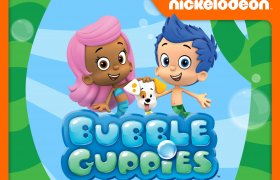Decoding your Child’s Cough

Children are going to cough from time to time and it’s your job as parents to figure out if a cough is serious. Sometimes the room is dry and if your child doesn’t seem to have a fever, then try using a humidifier. Air conditioning can cause coughing with babies as well because they might be going from hot to cold. Beware of second-hand smoke too, because your child will inhale the smoke and could develop lifelong respiratory problems from second-hand smoke. Children that live in houses where people smoke are more likely to have chronic respiratory problems like bronchitis and eventually COPD, even though they never smoked. Coughs never sound good to any parent when it comes to a baby. A third of the children that do cough are not ill. It could be allergies, smells, dog hair etc. Most of the coughs are minor and easy to care for. Parents just have to make sure their baby is getting enough liquid and resting adequately. Love is also an important ingredient.
Sometimes there are certain coughs that are more dangerous than just the regular cough. There are differences between wet and dry coughs and coughing is the way for the body to get rid of annoying irritants in the respiratory tract. Coughs also stop an infection. A watery cough is more productive and usually, mucus accompanies a wet cough. Dry coughs do not have mucus.
A dry Cough
If your child sounds like their cough is dry, they might just have a sore throat as well. This is caused by things like dust and tobacco smoke. Some infants gag which is referred to as GERD. GERD is very common in newborns and infants to have because of their new digestive system. GERD could be the blame if baby has a cough that sounds dry and the baby gags. There is frequent spitting up and or vomiting. Babies cry more and their weight stays the same. They might arch their back because their stomach is in pain.
If your baby has a fever and is vomiting and has loose stools, red throat, chills, seems lethargic, runny nose and no appetite, you should take your baby to the doctor.
Watery cough sound with congestion
When babies have a wet cough with mucus, they might have gotten a cold if their symptoms include a sore throat, congestion, fever and no appetite. These wet coughs are more persistent and last a few weeks.
Wheezing
Bronchiolitis is the inflammation of tiny airways called bronchioles. Wheezing is most likely caused by a viral infection called RSV in babies if baby is wheezing. Wheezing is a high pitched raspy sound and the child seems to have trouble breathing which can be serious. Babies with this condition have either a shallow/fast breathing problem, rapid heartbeat, sometimes they vomit after and have the same symptoms that babies get when they have a cold. They are also cranky and have a poor appetite. They also tend to breathe with their stomachs because their little lungs are congested so you may see their ribs going up and down.
Asthma is another problem that causes your baby to cough. Asthma consists of shortness of breath, wheezing and their cough sounds like they are barking. Sometimes kids will vomit with asthma as well. Allergies play a big part in triggering off coughing, congestion, sneezing, sometimes hives, red and watery eyes, upset stomach and sometimes diarrhea.
 Barking cough
Barking cough
When your baby has a loud cough and they make a barking sound, this usually means that they have the croup. This cough sounds bad and may scare you because the voice box becomes inflamed and this is could be a virus. Croup is louder at night because children are tired and up more at night and the baby sounds like their breathing is noisy and wheezy when they inhale. Croup is accompanied by a fever, congestion, problems swallowing, crankiness and hoarseness in their voice. Take your child to the doctor if you believe your child has the croup. Your doctor may put your baby in the hospital in an oxygen tent because their breathing maybe too labored.
A whooping cough
When kids have multiple fits of coughing and you hear a whoop as your baby takes in air, this is a bacterial infection. There are shots for whooping cough and pertussis that babies get to prevent these problems. These coughing problems are dangerous because babies have problems breathing and their face may turn purple or red. Vomiting may accompany this infection. They might also have congestion, cold symptoms, low fever, and sneezing.
A whooping cough can be dangerous and years ago houses were off limits before penicillin was invented. This is very scary for the parents of babies and that is why it is important to keep up on their vaccines series. The series starts at two months old and talk to your doctor about a shot you can get while you are pregnant if you are worried about your child has whooping cough. Take your baby to the doctor or emergency room immediately if you think they have whooping cough.
Labored cough or fast breathing
Babies rarely get pneumonia so a cough most likely is not the cause of pneumonia. Pneumonia is a dangerous infection and can linger on if you don’t give your child lots of rest and fluids. Symptoms are different and it depends on how old the child is. This can include breathing difficulty, nostrils flaring, grunting, wheezing, fever, nausea, no appetite, chest pain, congestion, and stomach pain associated with a lot of coughing. Some cases may be severe and baby will have a discolored look because of lack of oxygen. The color is blue and tells you that your child isn’t getting enough oxygen. It’s important to check the lips and nails of your baby when they are having problems breathing.
You should remember to call the doctor when your child’s cough is worse at night. They are having trouble breathing, breathing fast, bluish color around the face, fever in children under 3 months of age, high fevers in all other kids, coughing for more than a few hours, whooping sounds, wheezing, and they seem dehydrated. This can be very stressful for parents when their baby is seriously ill but in time your child will be fine. These are things parents go through and in time all will be well again and so will your child.







